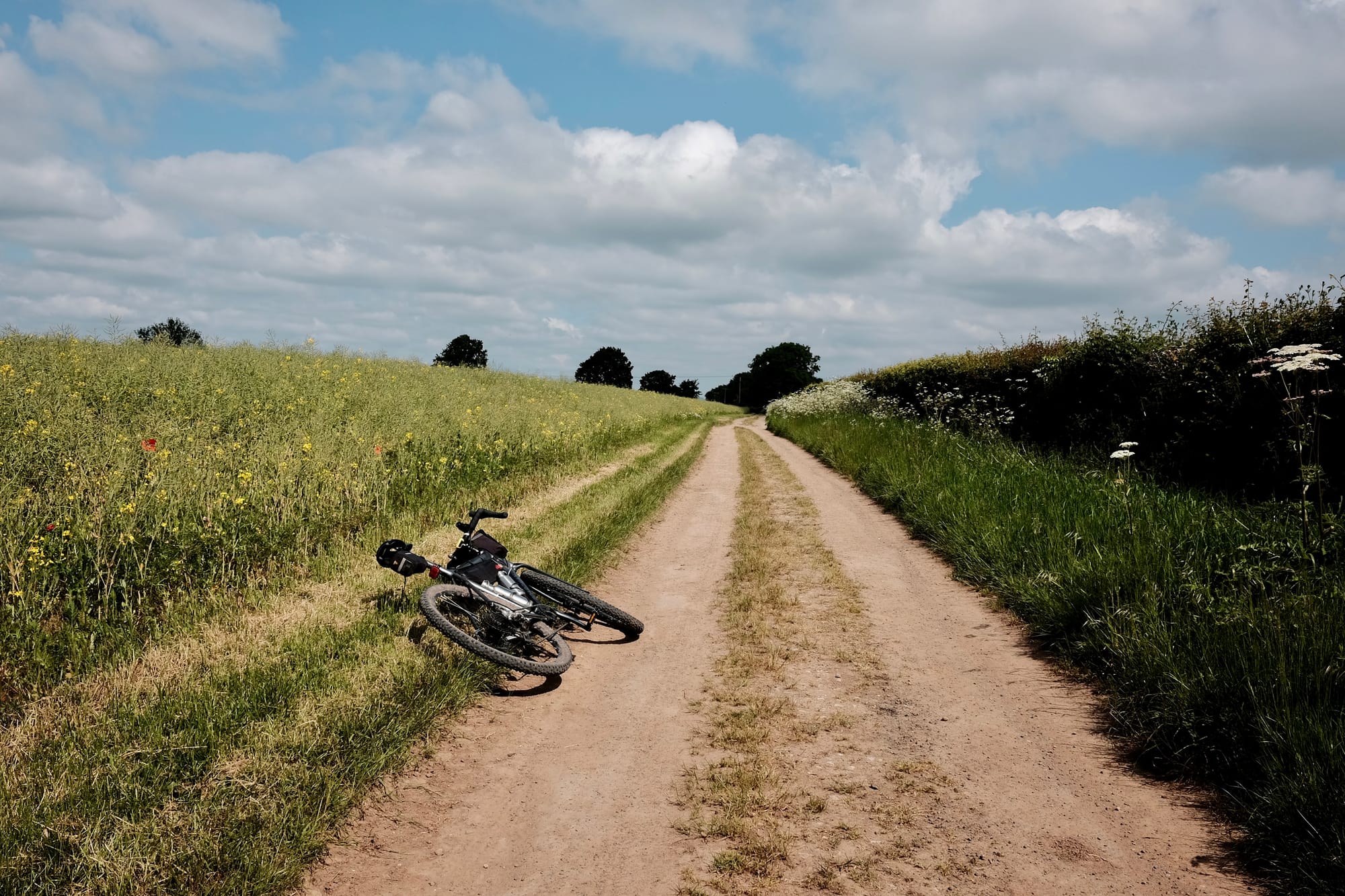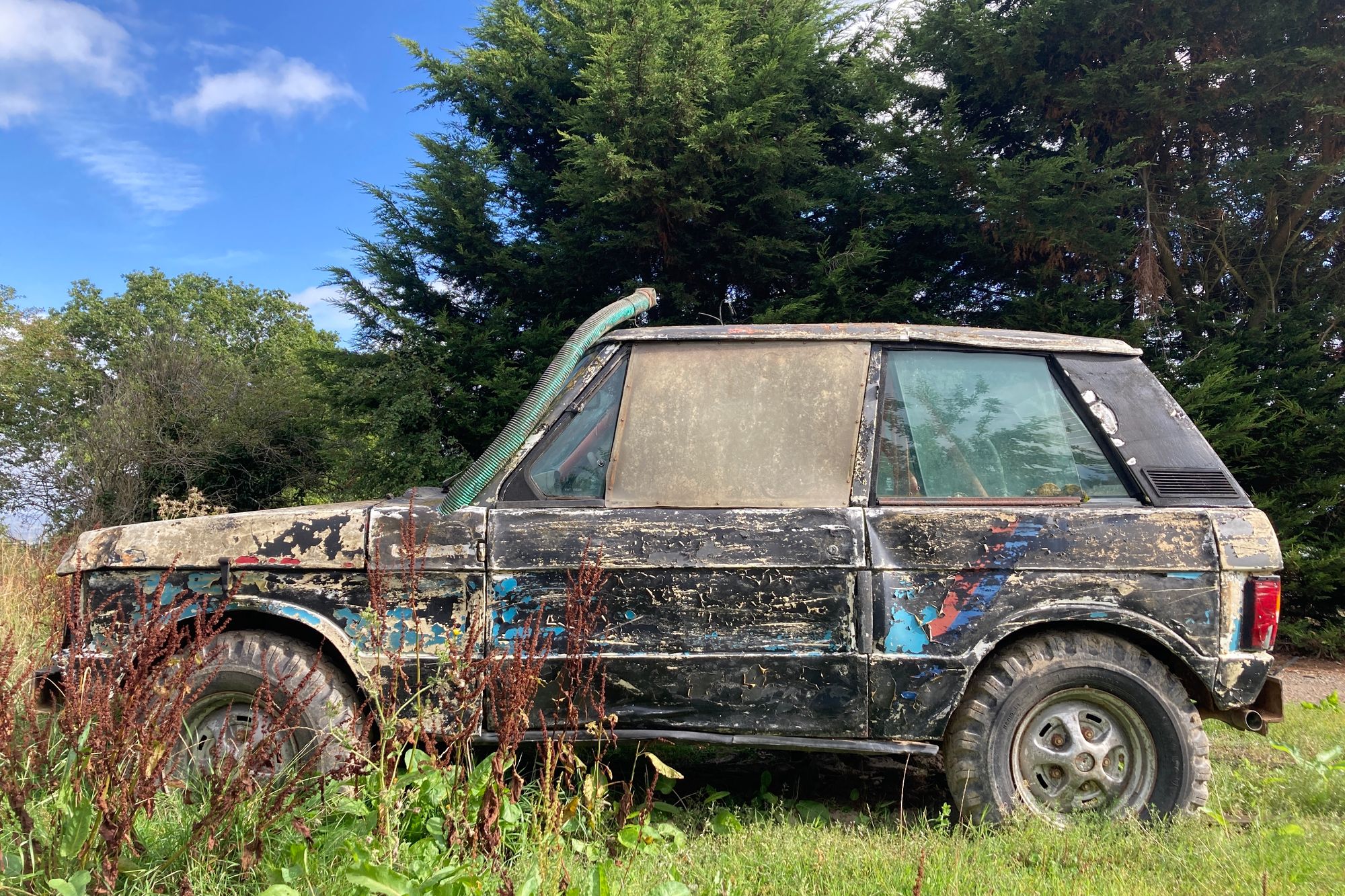Who are green lanes for?
Off-roaders have a legal right to drive on Byways Open to All Traffic. So ill-feeling towards them is a symptom of a wider problem.

The question of whether people should be allowed to drive 4x4 vehicles on so-called green lanes has been vexing members of the Rough Stuff Fellowship.
The Fellowship is the the UK’s oldest off-road cycling club. I’m a member, so I’ve seen the debate about green lanes – or, to give them their proper name, byways open to all traffic (BOATs) – play out in the letters pages of the club’s journal over the last couple of years.
Many people who enjoy off-roading in 4x4 vehicles like to drive them along green lanes. These tracks may look like little more than wide bridle paths, but the drivers have a historic legal right to use them. Not everyone is happy about this. And some people want off-roaders banned, arguing they do too much damage and cause too much disturbance.
I’m no fan of 4x4s and in many ways a ban would suit me just fine. Yet the idea of cyclists campaigning to deny other people their legal right to access the countryside really troubles me. Cyclists in England and Wales should know only too well what it feels like to be on the wrong end of access rights.

Whereas Scotland grants a legal right to access land or water by foot, bike, horse or canoe; south of the border cyclists are confined to just 20% of the rights of way network. And for this we should thank horse riders, who, since a 1968 change in the law, have shared the bridleway network with their two-wheeled allies.
Today cyclists are campaigning alongside horse riders and walkers to be allowed to share greater access to the countryside in England and Wales. Isn’t it a bit much, then, for us to simultaneously campaign against other people’s existing access rights? After all, of the 140,000 or so miles of rights of way in England and Wales, only about 2% are BOATs. You can spot them as short stretches of green crosses on a 1:25,000 Ordnance Survey map.
But what about issues with erosion, for example? Well, there are plenty of popular footpaths being badly eroded by footsteps alone – without hooves or wheels. The solution isn’t to ban more and more people from the countryside. The answer is to recognise the issue as a symptom of a wider problem: that without proper access laws like those in Scotland, everyone who heads out into rural areas for recreation is crammed into a very small space.
Around 92% of land in England is off-limits to the public. That’s basically because half of England is owned by just 36,000 people (less than 1% of the population) and those people don’t want to share. Many of them don’t want to pay tax, either: over half a million acres of England are now owned by offshore companies.
That’s who I’m angry at, not people making the most of their legal right to drive along green lanes.

